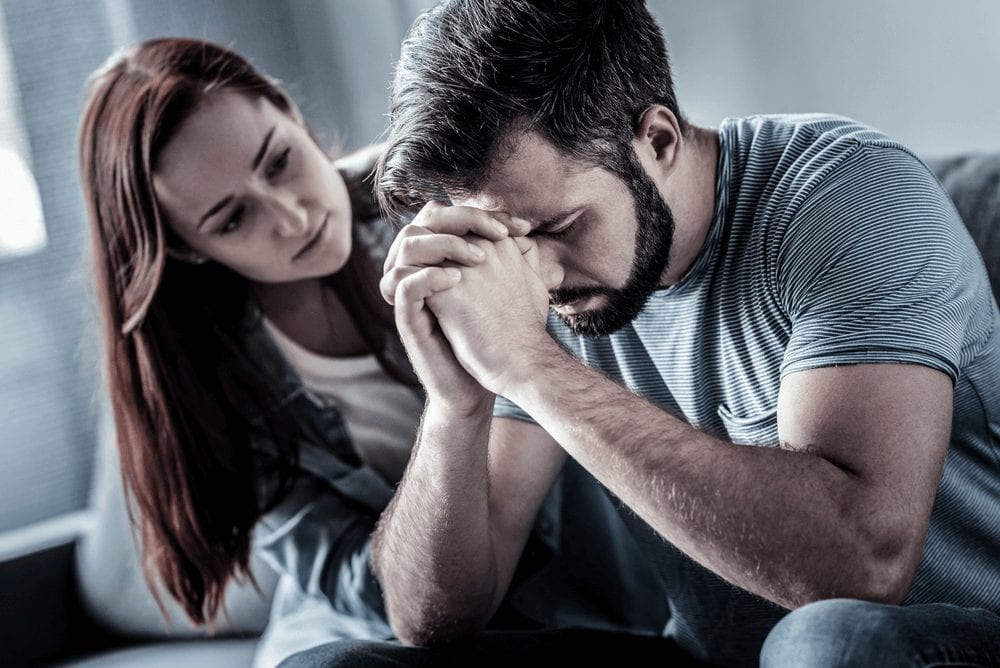Coronavirus: Can face masks protect you from catching deadly virus?
The total number of people infected worldwide by coronavirus has now risen above 90,000 with over 3,000 recorded deaths.
There are 115 confirmed cases and has been one death in the UK.
But how concerned should the public be about contracting the airborne illness, which is transmitted human-to-human, and are there practical steps you can take, like wearing a face mask, to reduce your risk?
Download the new Independent Premium app
Sharing the full story, not just the headlines
Surgical masks were first introduced into hospitals in the late 1700s but they did not make the transition into public use until the Spanish flu outbreak in 1919.
1/10
A man wearing a face mask crosses a road in Wuhan, the epicentre of the novel coronavirus outbreak.
Reuters
2/10
A view of the empty entrance to the Università Cattolica (Catholic University) in Milan, northern Italy, on 24 February, 2020.
EPA
3/10
Empty streets in Daegu, South Korea, on 23 February, 2020.
EPA
4/10
Empty streets in Daegu, South Korea, on 23 February 2020.
EPA
5/10
A lone sanitation worker sits near the closed Hankou Railway Station in Wuhan, Hubei province, China, on February 24, 2020.
Reuters
6/10
A view of a deserted street in Codogno, northern Italy, on February 23, 2020.
EPA
7/10
Italian police officers set a road block in Codogno, Northern Italy, on Monday, Feb. 24, 2020.
AP
8/10
A supermarket closed in Codogno, one the northern Italian towns placed under lockdown, on February 23, 2020.
EPA
9/10
A lone cyclist wearing sanitary masks pedals in the center of Codogno, Northern Italy.
LaPresse via AP
10/10
An empty road at the entrance of the small Italian town of Codogno on February 23, 2020.
AFP via Getty
1/10
A man wearing a face mask crosses a road in Wuhan, the epicentre of the novel coronavirus outbreak.
Reuters
2/10
A view of the empty entrance to the Università Cattolica (Catholic University) in Milan, northern Italy, on 24 February, 2020.
EPA
3/10
Empty streets in Daegu, South Korea, on 23 February, 2020.
EPA
4/10
Empty streets in Daegu, South Korea, on 23 February 2020.
EPA
5/10
A lone sanitation worker sits near the closed Hankou Railway Station in Wuhan, Hubei province, China, on February 24, 2020.
Reuters
6/10
A view of a deserted street in Codogno, northern Italy, on February 23, 2020.
EPA
7/10
Italian police officers set a road block in Codogno, Northern Italy, on Monday, Feb. 24, 2020.
AP
8/10
A supermarket closed in Codogno, one the northern Italian towns placed under lockdown, on February 23, 2020.
EPA
9/10
A lone cyclist wearing sanitary masks pedals in the center of Codogno, Northern Italy.
LaPresse via AP
10/10
An empty road at the entrance of the small Italian town of Codogno on February 23, 2020.
AFP via Getty
The masks are designed for use in a clinical setting, such as a hospital ward or theatre, where they are primarily meant for preventing visible sprays or splashes of fluid.
The demand for surgical face masks in China has reached a cumulative 200 million masks a day, reports Reuters. Images on social media show vast numbers wearing them in public and in transport hubs such as airports and train stations where there are large crowds.
The virus has also led to an influx in YouTube tutorial videos showing people how to make their own masks.
In the UK, although this is less visible, people are also investing in masks as high-street pharmacy Boots reports selling out of their six-pack of “safe and sound” surgical face masks. Amazon has also sold out of a product listed as “anti-virus flu” masks.
Do face masks help protect you?
Dr Jake Dunning, head of emerging infections and zoonoses [infectious disease spread between humans and animals] at Public Health England, told The Independent that there is “very little evidence of a widespread benefit” in members of the public wearing masks.
Dr Dunning explains there are a number of reasons why they aren’t effective. “Face masks must be worn correctly, changed frequently, removed properly, disposed of safely and used in combination with good universal hygiene behaviour in order for them to be effective.”
And most of the paper options being worn do not have a respirator to filter out infectious air particles.
If they are not worn properly and are loose fitting it means that bacteria can easily access the nose and mouth. Experts have also warned coronavirus could enter the body through the eyes.
Even when users do comply with these rules initially, research shows if users wear them for long periods of time they gradually become slack and are less likely to do so.
A 2008 study published in the International Journal of Infectious Diseases found “compliance” with proper masks use was less than 50 per cent, meaning half the people in the study did not keep wearing them as directed.
What other research has there been on face masks?
Other public health bodies have also reiterated the message from PHE, with Public Health Wales and the US National Centre for Immunisation and Respiratory Diseases confirming there is insufficient evidence to suggest members of the public should be wearing masks.
Jimmy Whitworth, professor of international public health at the London School of Hygiene and Tropical Medicine, told The Independent: “There’s little evidence they are very effective. They’re more beneficial if you have a virus and don’t want to pass it on than to prevent catching anything.”
A 2014 study conducted after the Sars outbreak, where masks were also widely worn in Asia, showed inconclusive results on their effectiveness. “Inconsistent results were found in the systematic review evaluating studies on respiratory protection,” states the report.
What should you do instead to protect yourself?
If people are worried about contracting infectious diseases there are more effective measures to be taken says Dr Dunning including “good personal, respiratory and hand hygiene”.
The WHO advises people to frequently wash their hands with an alcohol-based hand rub or warm water and soap, cover their mouth and nose with a flexed elbow or tissue when sneezing or coughing and avoid close contact with anyone who has a fever or cough.
It also says to seek early medical help if they have a fever, cough and difficulty breathing, and share their travel history with healthcare providers. People should also avoid direct, unprotected contact with live animals and surfaces in contact with animals when visiting live markets in affected areas.
People should also avoid eating raw or undercooked animal products and exercise care when handling raw meat, milk or animal organs to avoid cross-contamination with uncooked foods.
A Boots spokesperson added: “Antiviral hand foams and gel can also be useful when you are out and about.”




